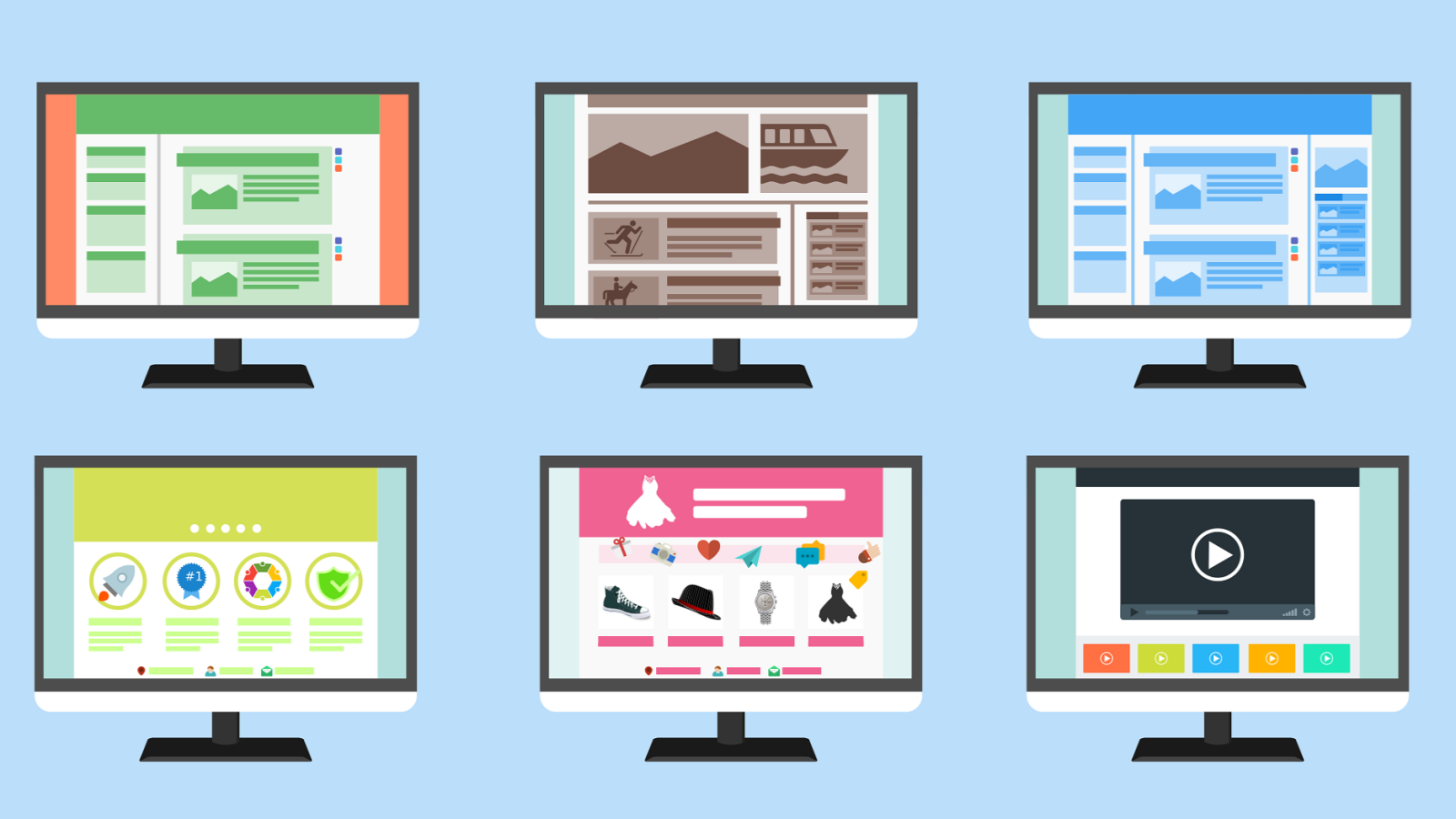In the ever-evolving landscape of the modern workplace, the adoption of online collaborative tools has become pivotal in fostering a culture of continuous learning. These digital platforms not only enhance productivity and efficiency but also encourage a learning-centric environment where knowledge sharing and professional development are integral to daily operations. This article delves into the multifaceted role of online collaborative tools in nurturing a culture of continuous learning, highlighting their benefits, challenges, and the strategies for effective implementation.
Embracing the Digital Shift
The digital revolution has transformed the traditional workplace, introducing a plethora of tools designed to facilitate seamless collaboration and communication. Platforms like Slack, Trello, Microsoft Teams, and Google Workspace have become staples in fostering online collaboration, enabling teams to work together regardless of geographical boundaries. This digital shift has laid the foundation for a more dynamic and inclusive approach to continuous learning.
Enhancing Accessibility and Flexibility
One of the most significant advantages of online collaborative tools is their ability to make learning resources and opportunities more accessible. Employees can access a wide array of information, courses, and training materials anytime and anywhere, breaking down the barriers of time and location. This flexibility encourages individuals to engage in learning activities that align with their schedules and learning preferences, promoting a more personalized learning experience.
Facilitating Knowledge Sharing
Online collaborative platforms are inherently designed to facilitate the exchange of ideas and information. Features like shared documents, real-time editing, and discussion forums enable a fluid exchange of knowledge among team members. This constant flow of information not only accelerates problem-solving and innovation but also fosters a culture where knowledge sharing is valued and encouraged.
Encouraging Peer Learning and Collaboration
The interactive nature of online collaborative tools promotes an environment where peer learning and teamwork thrive. By working on projects together, employees can learn from each other’s experiences, skills, and perspectives. This collaborative learning approach not only enhances individual competencies but also strengthens team dynamics and cohesion.
Supporting Continuous Feedback and Improvement
Continuous learning is closely tied to the concept of feedback and improvement. Online collaborative tools offer various mechanisms for providing and receiving feedback in real-time, such as commenting features, performance tracking, and digital assessments. This ongoing feedback loop supports individual growth and learning, allowing employees to identify areas for improvement and celebrate achievements.
Overcoming Challenges
While online collaborative tools offer numerous benefits for continuous learning, there are challenges that organizations must navigate. These include ensuring digital literacy among all employees, maintaining engagement in a virtual environment, and safeguarding data privacy and security. Addressing these challenges requires comprehensive training, effective communication strategies, and robust security measures.
Strategies for Effective Implementation
To maximize the potential of online collaborative tools in fostering a culture of continuous learning, organizations should consider the following strategies:
Promote a Learning Mindset: Encourage an organizational culture that values curiosity, innovation, and professional development. Recognizing and rewarding learning initiatives can motivate employees to engage in continuous learning activities.
Customize Learning Pathways: Leverage the flexibility of online tools to offer personalized learning experiences that cater to individual needs, preferences, and career goals.
Integrate Learning into Daily Workflows: Embed learning opportunities into everyday tasks and projects, making continuous learning a natural part of the work process.
Provide Adequate Support and Resources: Ensure that employees have the necessary support, training, and resources to effectively use online collaborative tools for learning purposes.
Foster Community and Collaboration: Create virtual spaces for employees to share knowledge, discuss ideas, and collaborate on learning projects, enhancing the sense of community and belonging.
Conclusion
As Tech Hub, our journey through the digital landscape has always been driven by a fundamental desire to redefine the technology purchasing experience, intertwining simplicity and efficiency with genuinely customer-centric experiences. From our inception, born out of our founder’s firsthand frustrations with the complex and time-consuming nature of acquiring technology, we’ve committed ourselves to an ethos of simplicity, ease, and practicality. Our motto, “Simple. Smart. Tech Hub,” is more than just a tagline; it’s a reflection of our steadfast commitment to delivering meticulously crafted technology solutions that are not only reliable but also seamlessly integrate into the workflows of our users.
In crafting this blog on the role of online collaborative tools in fostering a culture of continuous learning, we’re reminded of our own journey and the principles that guide us. Like the collaborative tools we advocate for, Tech Hub is dedicated to streamlining the collaboration process, making it as effortless, efficient, and enriching as possible. We understand that in today’s fast-paced world, businesses and individuals cannot afford the luxury of lengthy waits or the burden of superfluous extras. That’s why our solutions are designed to be adaptable, meeting the diverse and dynamic needs of our users and enabling them to engage in seamless collaborative experiences.
At Tech Hub, our operations and interactions are deeply rooted in our core values of Integrity, Care, Excellence, and Innovation. We believe in a world where technology should be accessible and understandable to all, regardless of their expertise level. This belief drives our commitment to demystifying the tech landscape, ensuring that our customers can make swift, confident decisions that propel their businesses forward. Our approach to technology is holistic, focusing not just on the tools themselves but on how they empower businesses and individuals to grow and succeed.
Our solutions range from enhancing workplace productivity with integrated communication and productivity tools to personal platforms that facilitate effective networking and content sharing. We’re not just about providing software; we offer end-to-end services that include consultation, implementation, and strategic integration, ensuring that our technology solutions align perfectly with the unique needs of our clients. Furthermore, our foray into streaming and interactive display solutions underscores our commitment to fostering dynamic communication and visual collaboration, thereby driving improved business outcomes.
But Tech Hub’s vision extends beyond technology solutions. We believe in the power of making a difference, which is why a portion of every purchase is dedicated to supporting charitable causes. We invite our customers and partners to join us in this journey of transformation, where success is not just measured by business growth but also by the positive impact we make in the world.
In conclusion, Tech Hub is more than a provider of technological solutions; we are a catalyst for change. Our mission is to serve businesses of all sizes by offering technology solutions that enhance efficiency, communication, and success, all while fostering an environment of empowered collaboration. As we reflect on the transformative role of online collaborative tools in continuous learning, we see a reflection of our own values and commitments. We are dedicated to ensuring that technology not only meets operational needs but also embodies the ethical and social responsibilities of our time, making every technological step a leap towards a brighter, more connected future.




